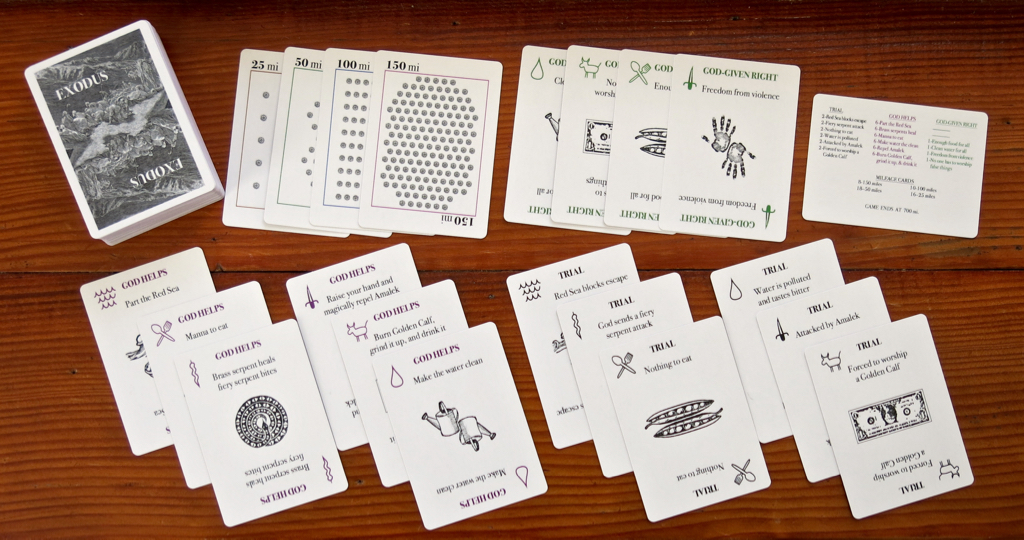I’m taking sabbatical time this year — four non-consecutive months, plus three additional non-consecutive weeks — to work on a writing project.
November is the first month of my sabbatical. So of course I was up late last night, madly finishing of my list of things that Must Be Done Before The Sabbatical. I checked off the last item on my list at 11:28 p.m., and went to bed.
This morning I awoke feeling a little stunned: I was actually on sabbatical. In more than a decade as a minister, and two decades working in congregations, I’ve never had a sabbatical before. It’s a funny feeling knowing that the only thing I am supposed to do this month is — well, what am I supposed to do with a sabbatical?
In contemporary language, a sabbatical is a tool for sustainability. It is abased on the ancient Hebrew custom outlined in Leviticus 25.2-5:
“When ye come into the land which I give you, then shall the land keep a sabbath unto the Lord. Six years thou shalt sow thy field, and six years thou shalt prune thy vineyard, and gather in the fruit thereof; But in the seventh year shall be a sabbath of rest unto the land, a sabbath for the Lord: thou shalt neither sow thy field, nor prune thy vineyard. That which groweth of its own accord of thy harvest thou shalt not reap, neither gather the grapes of thy vine undressed: for it is a year of rest unto the land.”
So during my sabbatical time, I won’t sow or prune, nor will I answer email for four hours a day, nor run around like a chicken with my head cut off trying to catch up on administrative tasks. Instead, sayeth Elohim, I’m supposed to let my soul lie fallow.
Not only is a sabbatical about sustainability, it is also about social justice for workers, immigrants, and other sentient beings, according to Leviticus 25.6-7:
“And the sabbath of the land shall be meat for you; for thee, and for thy servant, and for thy maid, and for thy hired servant, and for thy stranger that sojourneth with thee. And for thy cattle, and for the beast that are in thy land, shall all the increase thereof be meat.”
I have not done so well in carrying out this part of taking a sabbatical. While I’m away, the Religious Education Assistant and members of the Religious Education Committee have to take care of some of the things I normally do, though I have tried to minimize what they have to do. Ideally, an entire community would all take a sabbatical together; everyone would stop work. However, in this ear of globalization and consumer capitalism, if everyone stopped working we would face economic ruin — the next version of the iPhone would be delayed by a year! there would be no fossil fuels to burn and send carbon into the atmosphere! — so I will just have to accept the fact that I am going to have to go on sabbatical by myself.
And what will I do while on sabbatical? How will I let my soul lie fallow? I’m going to write: writing seems to be good for my soul, and I’ve been too busy the past few years to write much; you may see some of that writing here on this blog. Maybe I’ll do some other things, too; I don’t really know; this sabbatical thing is new to me.
(I’ll include the official statement about my sabbatical below the fold — not that you care, but just so it’s here on my blog, in case someone is looking for it.)
Continue reading “Sabbatical”

